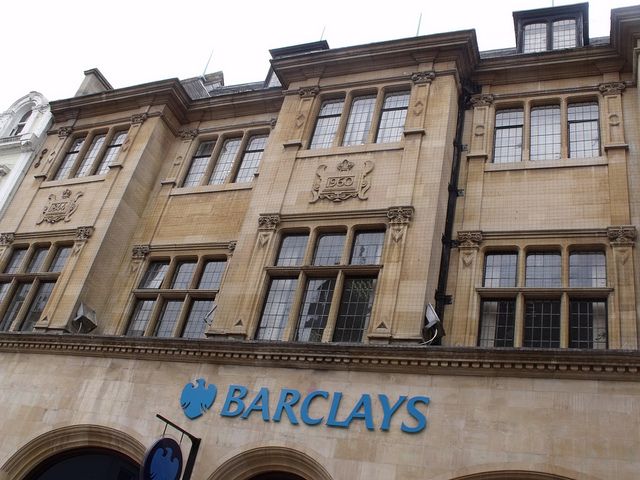A Danish woman was yesterday formally charged with participating in one of history’s biggest financial scandals
The woman, reported to be in her late 30s, worked for the UK investment bank Barclays from 2001 until 2008.
She and five other defendants are charged with conspiring to manipulate the Euribor.
Billions at stake
UK prosecutors charged the woman and her co-defendants, traders from Barclays and Deutsche Bank, with conspiring to manipulate Euribor, a short-term interest rate for loans between banks.
Interest rates have an effect on loans all over the world, impacting on assets worth billions of dollars.
The case is an offshoot of the Libor scandal in which it emerged that banks had tampered with the British counterpart to Euribor.
A long-running investigation
Regulators across the globe probe alleged manipulation by US and European banks of key benchmark lending rates.
The probe began in 2008 when investigators began looking into media reports that banks were lowballing their Libor submissions to appear healthier than they were during the crisis.
The Danish woman worked in Barclay’s portfolio and cash management department. She returned to Denmark following her tenure there and took a job with Dong Energy.















